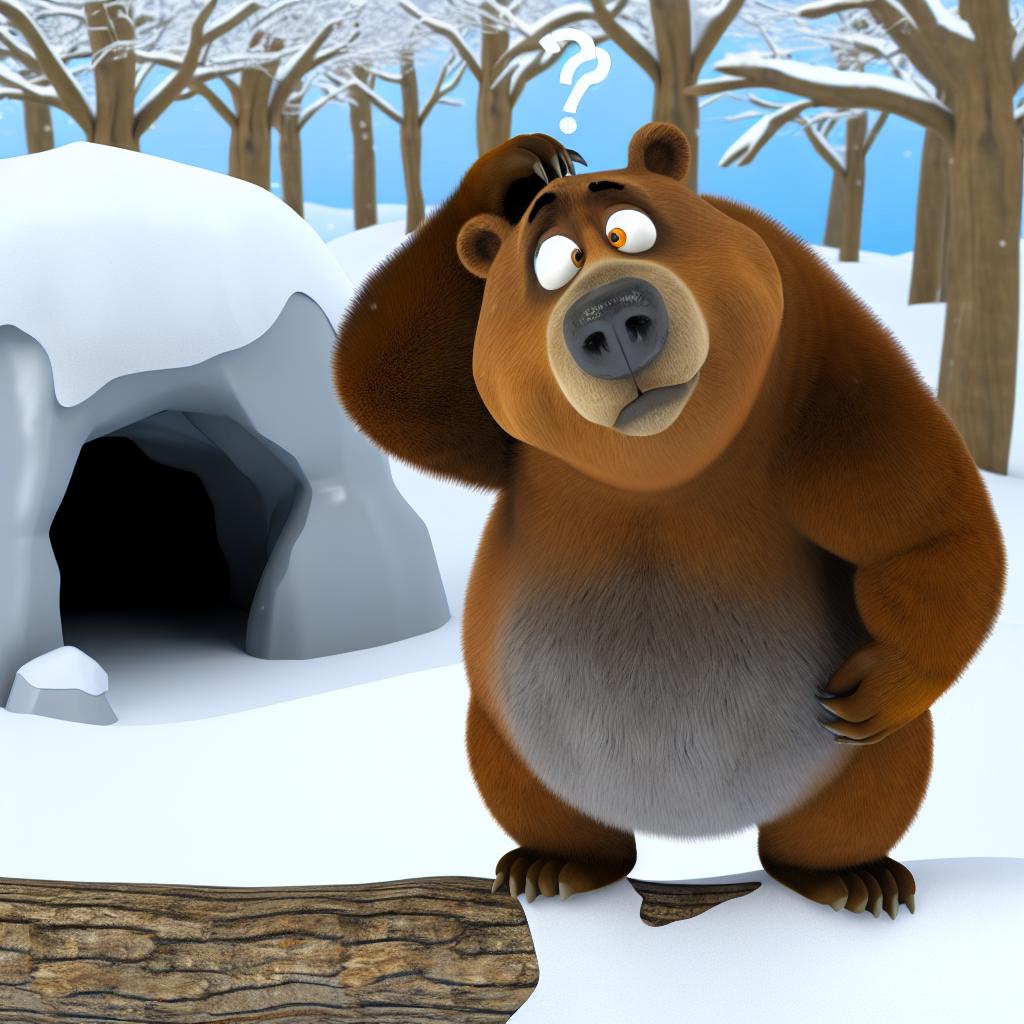Bears and Hibernation
Hibernation is a crucial survival strategy for many bear species, particularly in regions with harsh winters. During this period, bears enter a state of reduced metabolic activity that allows them to conserve energy, survive harsh weather conditions, and continue their life cycle.
Why Do Bears Hibernate?
Many bears hibernate to cope with scarce food resources and extreme cold during winter months. Their bodies undergo significant physiological changes, enabling them to survive without eating, drinking, urinating, or defecating for weeks or even months.
The Biological Process
During hibernation, a bear’s heart rate drops from 40-50 beats per minute to just 8-19 beats. Their body temperature decreases slightly, and their metabolism slows by 50-60%. This remarkable adaptation reduces energy demands significantly.
When Bears Don’t Hibernate
There are regions and circumstances where bears might not enter full hibernation or skip it altogether, which can have various implications.
Environmental Factors
Milder climates often result in bears engaging in what’s called a *torpor* rather than full hibernation. In areas where winters are warmer and food sources are plentiful year-round, bears may not have the same drive to enter a prolonged hibernation.
Urban Bears
In some cases, bears dwelling near urban areas do not hibernate because of easy access to human food sources. This behavior poses potential risks to both the bears and the human populations nearby. For more information, the BearWise website offers useful tips and resources.
Health and Survival Implications
Not hibernating can lead to increased energy expenditures without adequate caloric intake. This might result in weight loss, depleted energy reserves, and potentially higher mortality rates in some bear populations.
Impact on Reproduction
Female bears that do not hibernate may experience impacts on their reproductive cycle. Since pregnancy in bears often involves delayed implantation of the embryo, changes in energy conservation can affect gestation and cub birth timings.
Human Impact and Conservation
Climate change and increased urbanization have led to shifts in bear hibernation patterns. Understanding these changes is crucial for conservation efforts.
Research and Monitoring
Ongoing research is essential to monitor bear behaviors and the environmental changes influencing them. Agencies like the National Park Service are involved in research and management practices to mitigate human-bear conflicts and ensure the health of bear populations.
In conclusion, while hibernation is a natural and necessary process for most bears, a variety of environmental and human factors can alter their behaviors. Understanding these factors helps in managing and conserving bear populations effectively.

